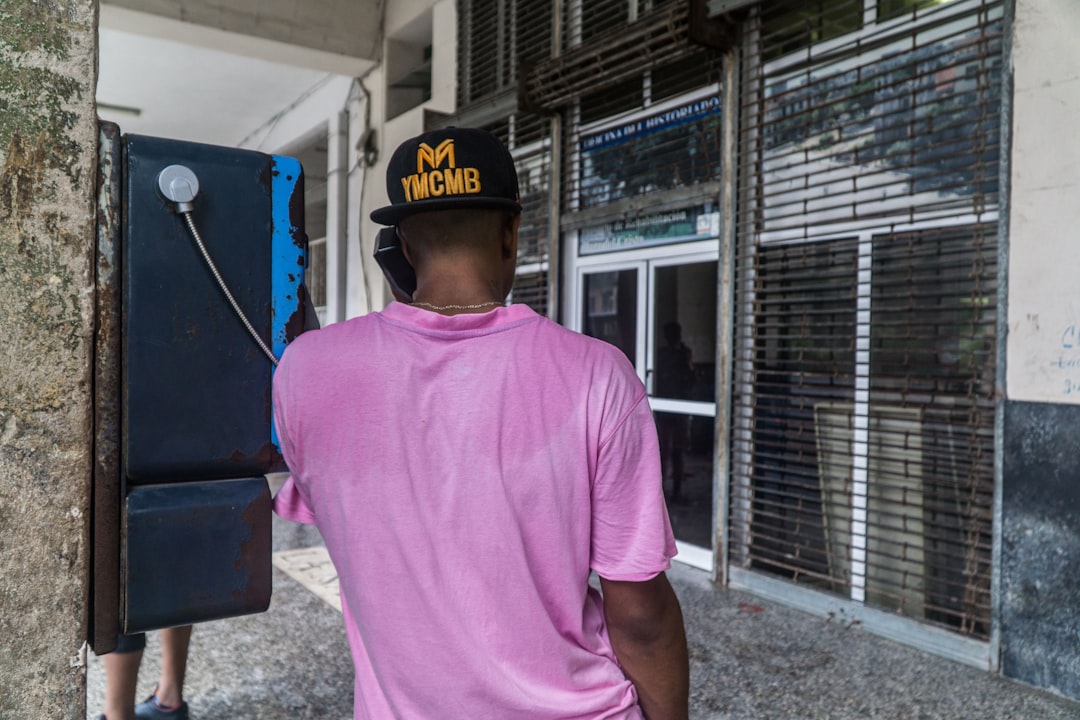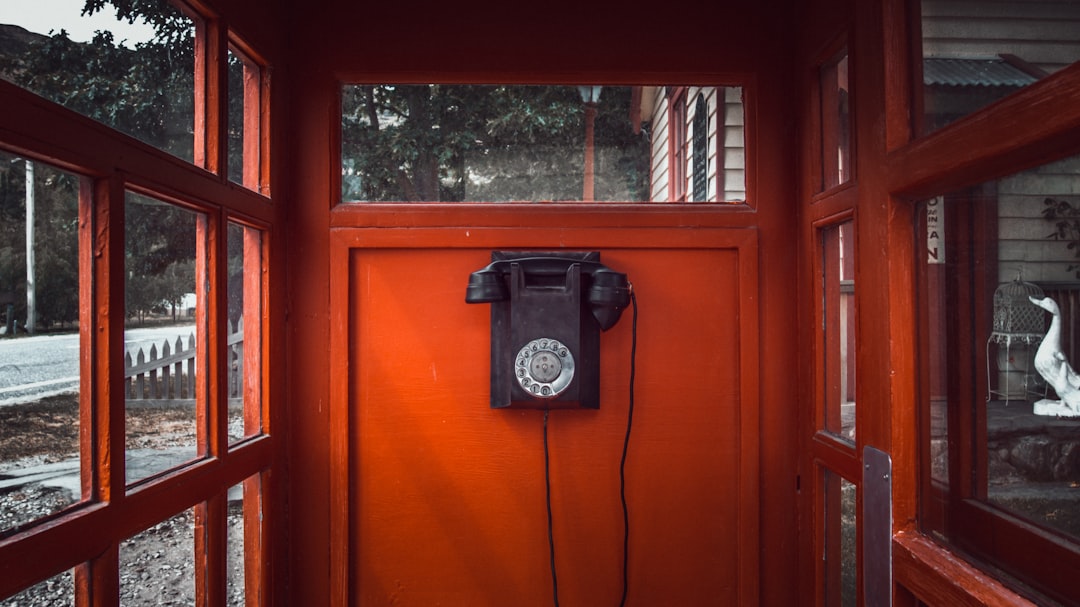Understanding FDCPA rights in Maine empowers consumers to protect their consumer rights against abusive debt collection practices. If a violation occurs, consulting a debt collector lawyer Maine is advised for legal guidance on disputing debts, requesting validation, or taking legal action, ensuring fair treatment throughout the process.
In Maine, understanding fair debt collection practices is paramount for both debtors and creditors. This comprehensive guide breaks down the legal rights and responsibilities within this intricate landscape. From the moment a debt collector contacts you, Maine law dictates strict guidelines ensuring fairness and transparency. If your rights as a debtor have been infringed upon, knowing when to involve a debt collector lawyer in Maine can be pivotal. This article navigates these complexities, empowering you with knowledge to protect your financial interests.
Understanding Fair Debt Collection Practices in Maine

Understanding Fair Debt Collection Practices in Maine involves being aware of your rights as a consumer. According to Maine law, debt collectors must adhere to specific guidelines known as the Fair Debt Collection Practices Act (FDCPA). This federal legislation, implemented by the Consumer Financial Protection Bureau, sets strict rules on how and when debt collectors can contact you. They are prohibited from using abusive, misleading, or deceptive practices when attempting to collect a debt.
If you believe a debt collector has violated your rights under these practices in Maine, it’s advisable to consult a debt collector lawyer. Legal professionals specializing in this area can guide you on the best course of action, which may include disputing the debt, requesting validation from the collector, or taking legal measures if necessary. This ensures that debt collection activities are conducted fairly and transparently, protecting your consumer rights.
Legal Rights of Debtors and Debt Collectors in Maine

In Maine, both debtors and debt collectors have legal rights and responsibilities, as governed by the Fair Debt Collection Practices Act (FDCPA). Debtors are entitled to understand their rights, including the ability to request validation of the debt and dispute inaccurate information. They can also demand that communication from debt collectors be made in writing and that they cease contact if certain steps are taken, such as requesting a debt verification letter or placing the debt in dispute.
On the other hand, debt collectors in Maine must adhere to specific guidelines when pursuing payment. They are restricted from using abusive, unfair, or deceptive practices, such as threatening language, harassment, or misrepresenting the amount due. Debt collector lawyers in Maine play a crucial role in ensuring these rights are respected, providing guidance for both parties, and offering legal recourse if violations occur.
What to Do If You Believe Your Rights Have Been Violated

If you believe your rights have been violated during the debt collection process in Maine, it’s crucial to take action. The first step is to gather evidence, such as any communication with the debt collector, including emails, letters, and phone records. Keep track of dates, amounts, and any promises made or broken. Documenting these interactions can be vital in building your case.
Next, consider consulting a debt collector lawyer in Maine. A legal professional specialized in this area can assess your situation, explain your rights under the Fair Debt Collection Practices Act (FDCPA), and guide you on how to proceed. They can send cease-and-desist letters, negotiate with collectors on your behalf, or even file lawsuits if necessary, ensuring that your rights are protected throughout the process.






